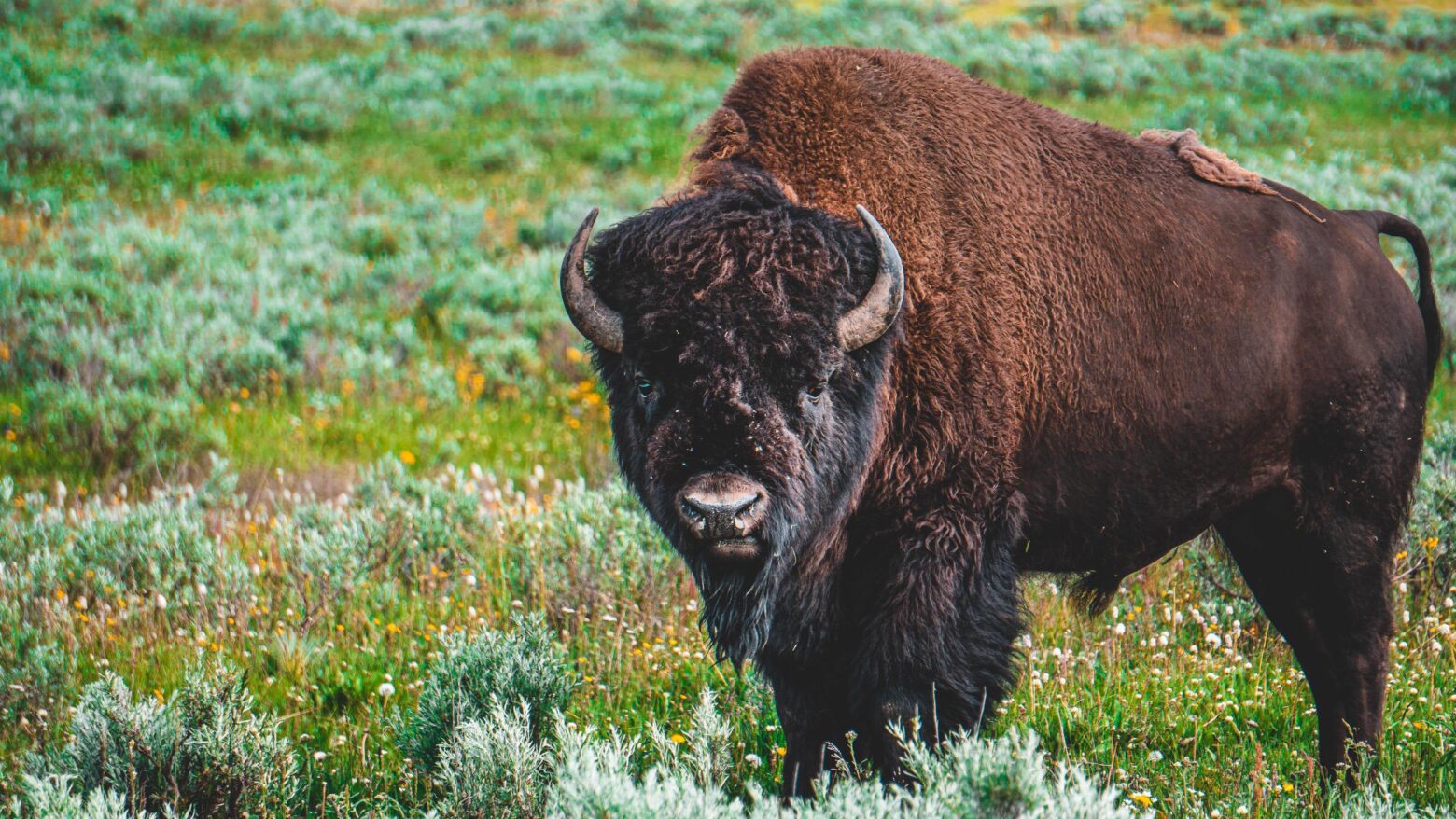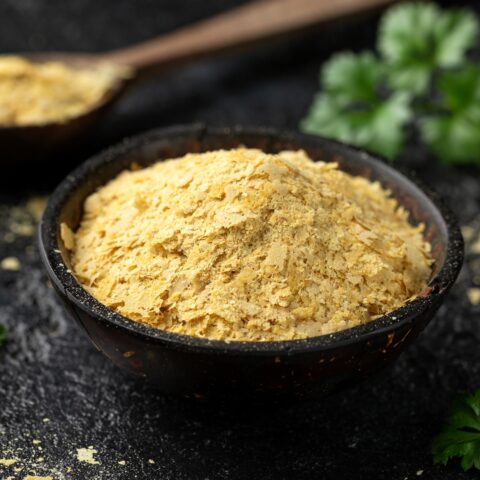The Benefits of Eating Bison

Historically, fitness coaches and dietitians preach chicken, pork, and fish as our best sources of lean protein. But there’s still a place for red meat, which is good news for beef lovers who are also trying to do all the right things with diet and lifestyle.
Red meat is an excellent source of protein and iron, plus vitamins and minerals. All of these are essential to maintaining lean muscle mass, healthy metabolism, and healthy brain function. And the newest source of red meat protein on the market is actually one that has been around since hunter gatherers were hunting: bison. They are indigenous to North America and a fantastic choice if you are looking for a nutrient-dense, flavorful meat.
Bison Are Undomesticated and Sustainable
These magnificent beasts maintain a primal, symbiotic existence with their environment like no other animal consumed by humans. They are naturally free-range and feed off the land. Bison ranchers maintain this existence for their herds. In return the bison restore carbon to the soil, nourishing the habitat for themselves and for other species who dwell among them.
Bison are a nutrient-packed meat. Due to its high-protein, low-fat ratio, bison is becoming a sought-after choice for many households, especially those striving to improve overall health and fitness.
One six-ounce serving of bison provides 37 grams of protein, healthy levels of zinc, 25% of your daily recommended iron, plus a healthy dose of niacin (which works to balance cholesterol), phosphorus (vital to body strength and growth including bones and teeth), vitamin B6, and the antioxidant selenium. All for only 3 grams of fat and 185 calories. That is a ton of vital nutrition in a meat that will keep you feeling full for a long time, without adding too many calories or grams of fat to your diet.
Compared to other meats we consume, it’s easy to see how bison is becoming the star. If you get burned-out on chicken, salmon, and pork as lean protein options, bison is a good alternative to have available. It has less fat than chicken, more lean protein than beef, and is loaded with other nutrients the human body needs to thrive, including amino and fatty acids which can help build muscle and improve brain function. Bison is an easy solution to meet or maintain healthy lifestyle goals while providing the satisfaction of dining on red meat.
Bison Is All-Natural
Bison ranchers are an old-school breed themselves, dedicated to maintaining a natural habitat of clean, pesticide-free grasses on which these animals can thrive. Due to this pride in their products, it is easy to find information on websites or labeling that claim their bison are free of hormones and antibiotics. This is also pertinent to overall health and wellness. Hormones in meat are designed to help the animals grow larger and produce more offspring. These hormones are then consumed by humans and have an adverse effect on our own hormone levels.
Start using bison in place of any beef dish to help clean up your diet. Paleo-friendly bison chili is delicious way to try this age-old meat source, or start your day with a bison hash! Fresh bison meat is a nutritious option to help you fuel your body with vital protein. Consider giving it a try!
The Paleo Diet Team
The Paleo Diet® team consists of a group of scientists, journalists, experts, and recipe creators who stay at the forefront of nutrition science.
More About The Author




